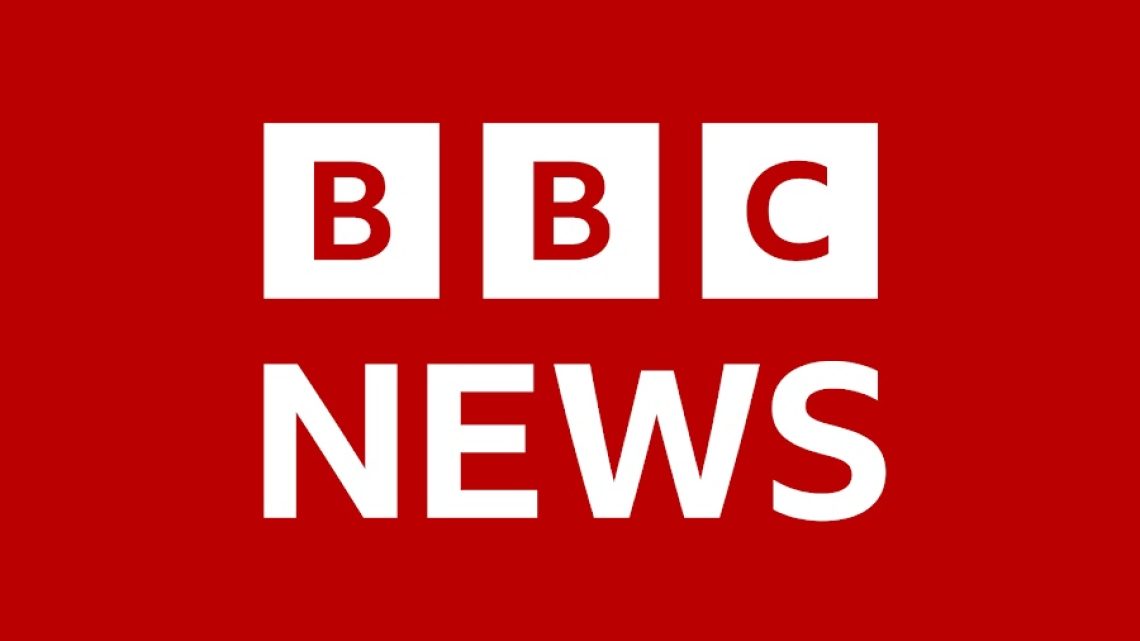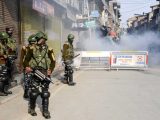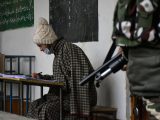
After a Decade, Kashmir to Vote in Historic Elections: BBC
September 17, 2024The election is notable as it is the first since the revocation of Jammu and Kashmir’s autonomy in 2019, a move that sparked widespread controversy. For the first time in a decade, Kashmir’s 47 assembly seats are up for grabs, alongside 43 seats in the Jammu region, according to BBC.
It further said that the election’s significance is heightened by the ongoing conflict between India and Pakistan over Kashmir. The region, which has been a flashpoint for three wars and years of insurgency, continues to face violence and unrest.
This election is a response to the 2019 decision by Prime Minister Narendra Modi’s government to strip Jammu and Kashmir of its special status and split it into two federally-govern territories. Since then, the region has been under federal government, with many residents feeling disconnected from their local governance.
Thirteen major parties are competing for control of the 90-seat assembly. The key players are the PDP, led by Mehbooba Mufti, and the National Conference (NC), headed by Omar Abdullah. Both parties aim to restore the region’s autonomy. The NC has allied with the Congress Party, while Modi’s Bharatiya Janata Party (BJP) is also in the race, though it faces challenges in the valley despite its strong base in Jammu.
Another notable figure is Engineer Rashid, a politician recently released from jail. Rashid, who gained attention with a surprising general election victory while incarcerated, is now contesting with his Awami Ittehad Party (AIP), joining forces with the banned Jamaat-e-Islami (JEI) party.
Historically, elections in Jammu and Kashmir have been stained by violence and low voter turnout. Militants have targeted polling stations, and Indian troops have been involved in coercing voters. Despite this, there is a notable shift this year, with even separatist leaders participating in the electoral process.
The election’s outcome could influence the region’s future political landscape. While most opposition parties promise to restore statehood and special status, the BJP has pledged to grant statehood at a future date, not addressing autonomy directly.
Local residents express mixed feelings. Some have resigned to the loss of autonomy, focusing on pressing issues like unemployment and corruption. Others view participation in the election as a way to oppose the BJP and signal dissatisfaction with the 2019 changes.
The BJP’s development promises have not fully materialized, leading to dissatisfaction, particularly in Jammu. Critics argue that while infrastructure projects have been launched, they have yet to address local concerns effectively.
As the election unfolds, there is a visible shift in political attitudes. Many residents hope that regional parties will better address local needs and act as a buffer against central government policies.
To conclude, this election represents a critical juncture for Jammu and Kashmir. It offers a chance for local voices to influence their future amid ongoing debates about autonomy and governance.

